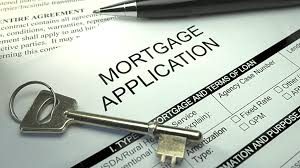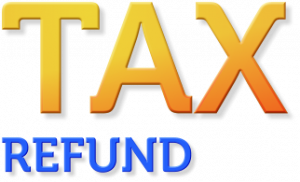
If you need open-heart surgery, you want to be sure the doctor in the operating room knows what they’re doing. You want to know they’ve got the professional education, skills and experience to carry out the life-saving procedure.
You would expect nothing less from the person handling the biggest financial decision of your life – your mortgage broker.
Though a mortgage broker doesn’t need quite the same qualifications as a heart surgeon, there are still rigorous standards each mortgage professional must meet to do their job.
While regulations can vary in each province, mortgage professionals need to be registered with a government body and be licensed to carry out broker activities.
First, each broker must complete a provincially approved course for mortgage brokering. These courses are offered through various colleges and institutions and can take days or months to complete. In Ontario, for instance, after completing the course, aspiring brokers need to be hired by a Financial Services Commission of Ontario licensed brokerage, in which the brokerage applies to the commission for that particular broker’s licence.
In B.C. for example, mortgage brokers need to pass a course to be registered with the Financial Institutions Commission, or FICOM, and then update their licence every two years.
Agencies like FICOM have the power to investigate public complaints, hand out fines, and suspend or revoke licences of brokers.
“The Registrar of Mortgage Brokers protects the public and enhances mortgage broker industry integrity by enforcing mortgage broker suitability requirements and reducing and preventing market misconduct under the Mortgage Brokers Act and Regulations,” notes the FICOM website.
While Greg Domville, DLC’s vice president of training and business development, noted the course for mortgage brokers is a good foundation, he suggested it’s the background and criminal checks that are most important.
“They make sure you’re a real good person,” he told Our House Magazine. If you’re going to be dealing with someone’s finances, those checks and balances are in place.”
Domville added that consumers can take comfort that their mortgage broker has gone through a rigorous screening process before they have any contact with them. Adding the standards in place are good at weeding out people in the industry.
He pointed out, at DLC, a mentoring program is in place where franchise owners can monitor and train new brokers to ensure they’re doing all the right things along the way. As Domville noted, there’s a good chance even if you’re dealing with a new broker, they’ll have a lot of experience.
There are a number of online resources available to the public through the varying licensing agencies. Don’t be afraid to ask your mortgage broker about their background, they’ll be more than proud to share with you their qualifications.
Contact me for your best mortgage options 705.669.7798 or trina@ndlc.ca
#trinamortgages #mortgages #ndlc #freedomofchoice
#bestmortgageforme #executive #firstimehomebuyer
If you found this information valuable, I only ask that you share with your friends and family.
Copyright DLC








